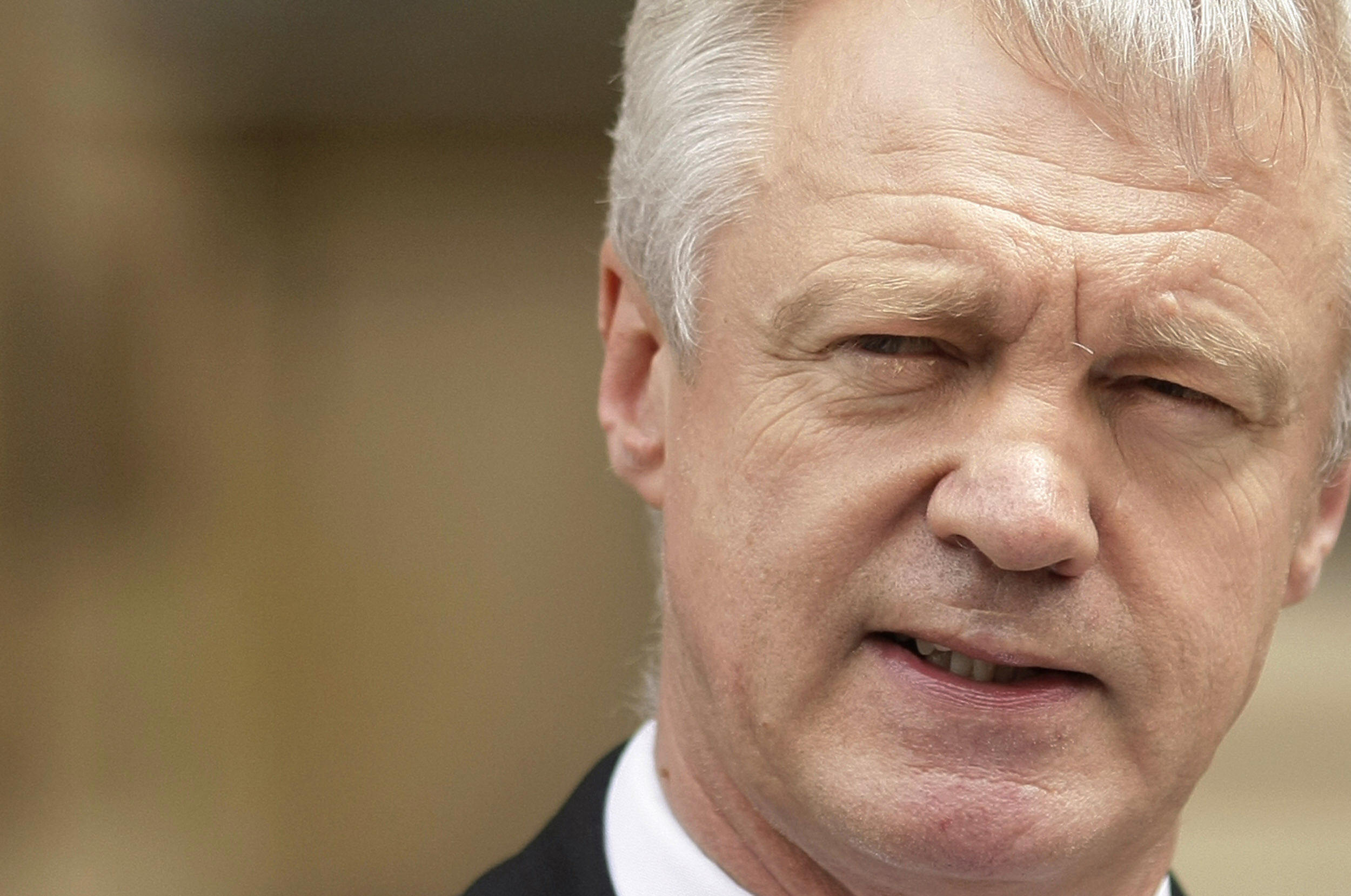 After pumping the phones, I am now clear(er) on the great Davis mystery. To get to the bottom of what many in Westminster regard as an act of borderline lunacy, you consider a few things.
After pumping the phones, I am now clear(er) on the great Davis mystery. To get to the bottom of what many in Westminster regard as an act of borderline lunacy, you consider a few things.
1) Weirdly, Davis means it. He’s not opposing 42 days for tactical advantage: he despises the measure in every way. “He has always been like this,” says someone who worked for Michael Howard. “When Howard wanted to introduce identity cards in 2004 we pretty much had to sedate Davis. He went bananas.” His commitment to British civil liberties is heartfelt, and he gets het up about subjects he believes in. This is rare in a Westminster where most things are done for factional advantage. This is why his behaviour seems incomprehensible to political strategists. It does not have much political strategy in it. Until this morning he was on a railroad with the Home Office as its destination. He has just derailed himself, to protest against what he sees as the biggest issue in Britain.
2) It’s more than just 42 days. Sure, 42 days is a beltway issue. Most of the public couldn’t care less, though those who are asked back the government. But Davis sees this as the final straw. Look at Britain, he will argue – CCTV cameras everywhere, local authorities spying on parents, we have become a society that pays traffic wardens more than soldiers. How did it get so bad? Our civil liberties have been slowly eroded by growing government. Each little step seems small in itself, but look at the whole. A generation went to war not just to fend off the Nazis but to defend the ancient liberties of Britain. We go to war now, to defend our way of life. Yet all the times, these liberties are being torn up by an every-increasing state and power-seeking politicians. This, not just 42 days, is what Davis is protesting against.
3) Cameron can’t control Davis. Davis has operated on a quasi-autonomous basis, with his own team. It works well for both him and Cameron. Davis lands punches, and has an outstanding record as Shadow Home Secretary. It’s not about revenge: Davis had plenty chance to detabilise Cameron over grammar schools and didn’t. So when he broke the news to Cameron yesterday evening, it was pretty much presented as fait accompli. “Cameron realised Davis’ mind was made up, and the conversation soon turned to the technicalities,” I am told. I have the feeling Cameron felt he couldn’t veto Davis even if he wanted to.
4) Cameron is furious. Without Davis, today’s headlines would be all about Brown and the bribes. His dodgy performance at his press conference would give way to several disobliging page leads. The Sundays would take up the “Westminster can be bought” line. More misery for Brown – you can write the script. Now, Davis has thrown a spanner in Cameron’s works. But Davis would argue: sometimes you have to say ‘screw the grid, and stand for what you believe in’. With such a poll lead, why not take some risks?
5) Davis isn’t risking his seat, but is risking his job. Cameron could, in theory, have left Davis’ job open for him as he fought for his seat. Instead he appointed Grieve (whom Davis would have chosen, certainly ahead of Nick Herbert) and it is not a temporary appointment. Grieve is there until the next reshuffle. Davis realises he may never again be on the front bench.
My sense is that Davis has faith that the natural gravity of Westminster will take him back to the top. Some would argue this is a monstrous vanity, but I certainly consider him the hardest hitter in a Shadow Cabinet not overflowing with talent. If you’re good enough, he reckons, you don’t need a three-year plan.
Perhaps we are so used to insincerity in Westminster that a heartfelt protest which contravenes the rules of career politicians is denounced as mad. Who in their right minds gives up a surefire path to the Home Office? Politics is about more than taking safe bets, Davis would say. And he has decided to prove it.








Comments